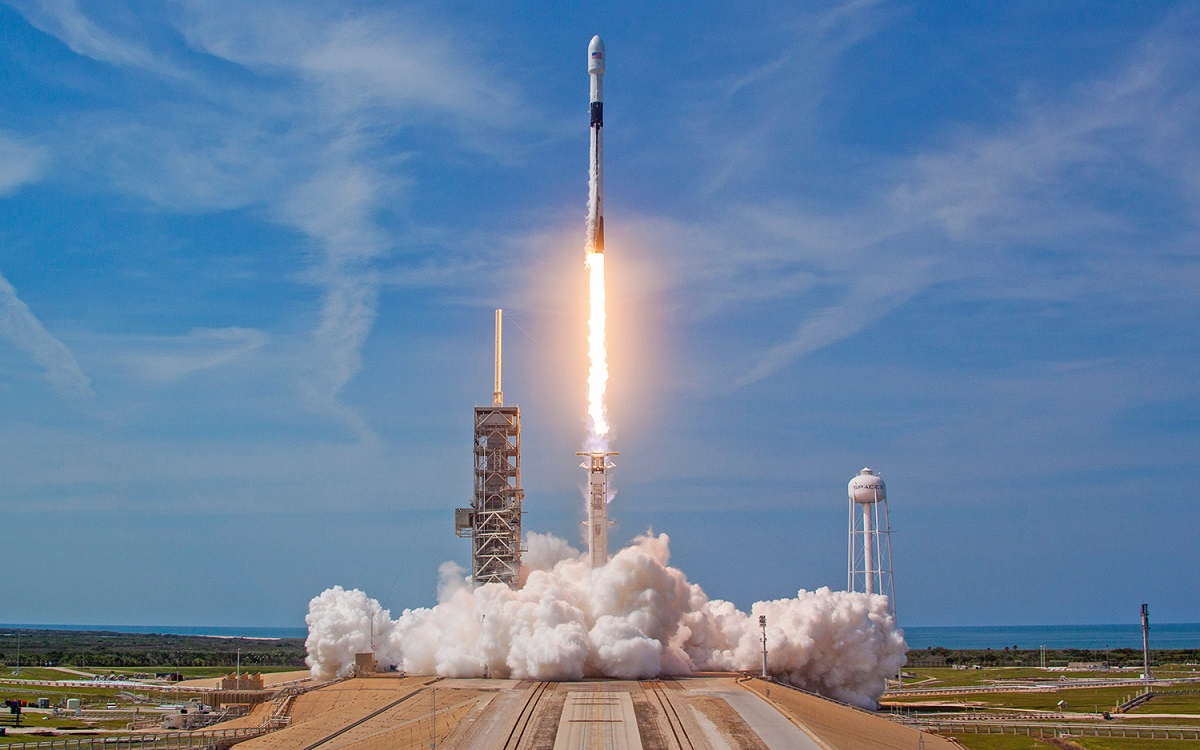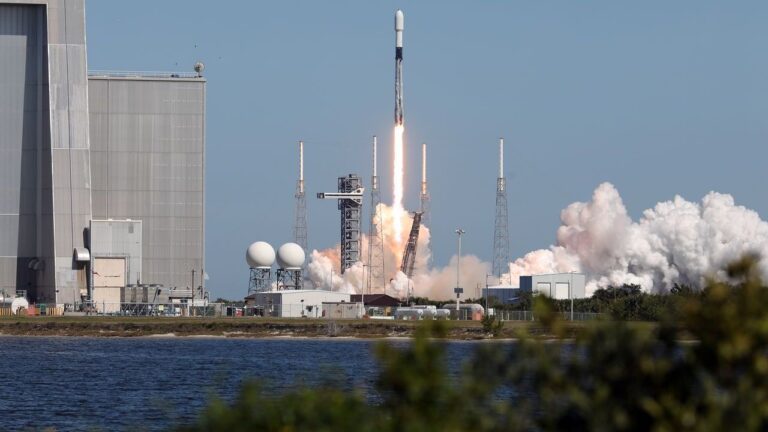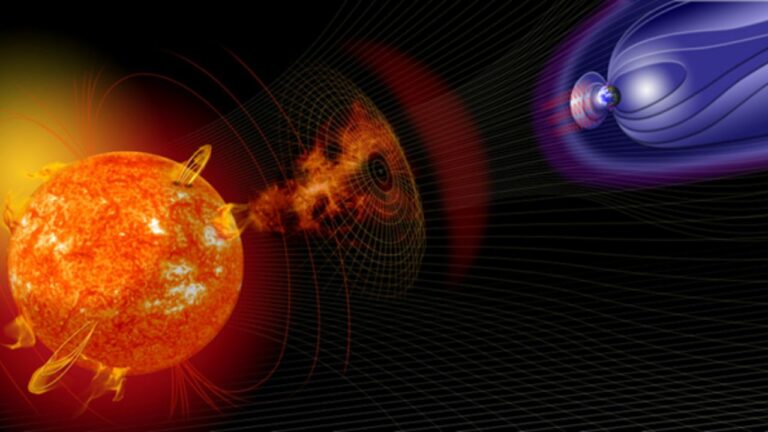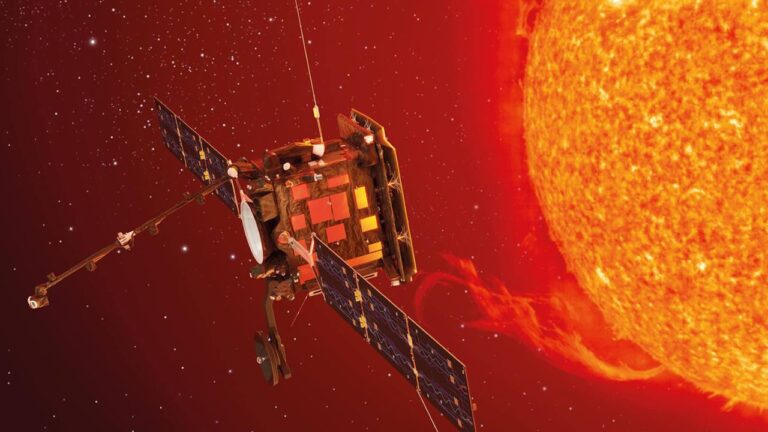
In a launch shrouded in unusual secrecy, a SpaceX Falcon 9 rocket successfully deployed a pair of Galileo navigation satellites into orbit on April 27, marking a significant milestone for the European Union’s satellite navigation program.
The Falcon 9 lifted off from Kennedy Space Center’s Launch Complex 39A at 8:34 p.m. Eastern Time, carrying the Galileo GM25 and FM27 satellites. Confirmation of the satellites’ successful deployment and operation came hours later from the European Union Agency for the Space Programme (EUSPA), which oversees Galileo operations.
Secrecy Surrounding the Launch
What made this launch notably unusual was the level of secrecy surrounding it, akin to classified national security missions. SpaceX opted not to provide video coverage beyond stage separation and ended its webcast immediately after confirming payload fairing separation. The company redirected inquiries about the mission to the customer, adding to the mystique.
While the exact reasons for the heightened secrecy remain unclear, it deviates from the standard practice observed in previous Galileo satellite launches. Unlike past launches, neither the European Commission nor the European Space Agency (ESA) publicized this launch beforehand. European officials, in their statements following the successful deployment, carefully avoided explicit mention of the Falcon 9’s involvement.
European Response to Launcher Crisis
The decision to utilize SpaceX’s Falcon 9 for Galileo satellite launches stems from Europe’s ongoing launcher crisis. The retirement of the Ariane 5, coupled with the unavailability of the Soyuz rocket after geopolitical tensions, has left Europe without a reliable means of launching its satellites. This situation, termed a “launcher crisis” by ESA Director General Josef Aschbacher, underscores the strategic importance of securing alternative launch options.
European Commissioner Thierry Breton’s announcement in November 2023 of finalizing a deal with SpaceX for Falcon 9 launches highlights a strategic shift in Europe’s approach to satellite launches. With two Falcon 9 launches scheduled for 2024, valued at 180 million euros ($193 million), Europe aims to mitigate its dependency on traditional launch providers.
SpaceX’s Role and Achievements
For SpaceX, this launch marked the 20th flight of the booster, tying a reuse record set earlier in the month. Despite the successful deployment, this mission marked the retirement of booster B1060, as the additional performance required for the Galileo satellites’ medium Earth orbit precluded recovery. Nonetheless, SpaceX reaffirmed its commitment to expanding the reuse capabilities of its fleet.
While the secrecy surrounding the Falcon 9 launch of Galileo satellites raises questions, it also signifies a pivotal moment in Europe’s space ambitions. As collaborations with commercial providers like SpaceX expand, the space industry witnesses a transformation in launch dynamics, underscoring the importance of adaptability in an ever-evolving landscape.






